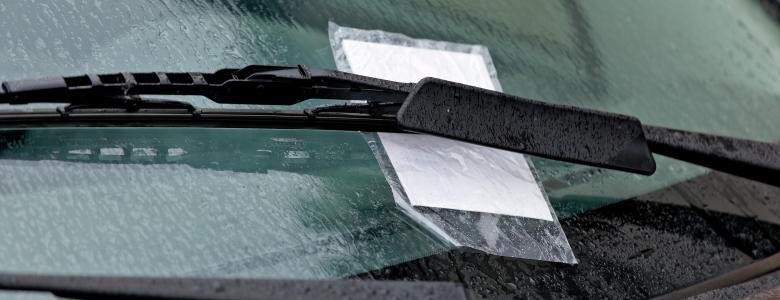Enforcement actions refer to a range of measures that can be applied when overdue fines and state debts remain unpaid.
These enforcement actions are outlined in the Fines Enforcement and Debt Recovery Act 2017.
Types of enforcements
When this enforcement is applied, you are unable to do business with the Registrar of Motor Vehicles. This means you can't:
- renew your registration
- renew or apply for a driver’s licence
- transfer the ownership of a vehicle.
If you try to renew your registration the customer service operator will let you know you are barred from making a transaction.
If this has been applied, you will need to pay your fine(s) in full or contact us to discuss further.
This enforcement is not applicable to overdue state debts.
Your licence may be suspended if overdue fines remain unpaid.
This means you are not allowed to drive a vehicle, or to supervise a learner driver. It is an offence to drive while your licence is suspended, and risks attracting more fines and penalties.
A suspension of a driver’s licence by our office is different to a licence disqualification and can occur regardless of the number of demerit points you have.
If this has been applied, you will need to pay your fine(s) in full or contact us to discuss further.
This enforcement is not applicable to overdue state debts.
If your fines debt has not been placed under management following initial enforcement actions, our office can arrange to take money from your salary or directly from your bank account, without your permission. This is called a ‘garnishment determination’.
If this enforcement action is taken, your employer or financial institution must comply with the determination under the law.
If money has been taken from your salary or bank account because of a garnishment determination, it is important that you contact us as soon as possible to discuss your options and to avoid further enforcement action. When your fines debt is under management, enforcement sanctions will be cancelled.
Your Rights
If a garnishment determination has caused you undue financial hardship, you may request a refund by contacting us.
If you wish to dispute the fine, there may be options available. You can find further information here.
Our office can clamp or impound any vehicle used by a person with overdue fines or debts, whether that person owns the vehicle or not.
If this has been applied, you will need to pay your fine or debt in full or contact us to discuss further.
Our office can seize and sell assets (including property) to recover overdue fines or debts.
Other assets can also be seized and sold, including:
- motorbikes
- boats
- trailers
- cars.
Any costs from the seizure and sale of assets (for example the cost of removal and storage) will be added to the amount owed.
If this has been applied, you will need to pay your fine or debt in full or contact us to discuss further.
Our office can apply to the Land Titles Office for a 'charge on land' on real estate owned by a person or organisation with outstanding fines or debts.
Once applied, the charge on land remains until the fines are paid. If fines are still not paid, our office can sell the property and the outstanding fines will be paid from the sale.
If a charge on land has been applied, the property owner will be notified and it will also show on a Land Titles search. Costs from applying a charge on land will also be added to the amount owed. The charge will be lifted once the outstanding fines are paid.
If this has been applied, you will need to pay your fine or debt in full or contact us to discuss further.
Our office can publish the names of individuals and registered companies that have overdue fines on our website.
Names will be published at the discretion of the Chief Recovery Officer and usually takes place after:
- several attempts to contact the outstanding debtor have been made, and
- no payment has been received or an active payment arrangement is not in place.
Names will be removed from this list within one business day of receiving payment or when a payment arrangement is put in place.
This enforcement is not applicable to overdue state debts.
If this has been applied, you will need to pay your fine or debt in full or contact us to discuss further.


